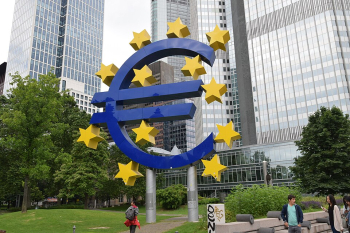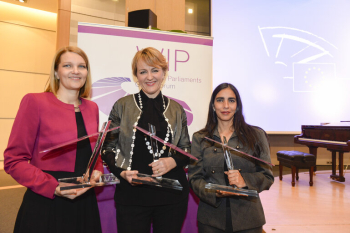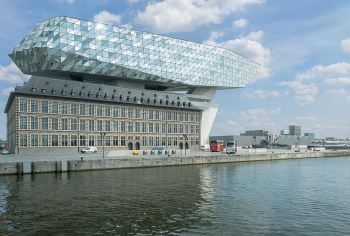
On Wednesday, the European Parliament granted its approval to Ursula von der Leyen's new European Commission during a plenary session in Strasbourg.
However, the Commission received limited support from Belgian Members of the European Parliament (MEPs), with just seven out of 22 voting in favor.
Von der Leyen's new team is largely shaped by the Christian Democratic and conservative European People's Party (EPP). The Liberal Renew Europe group, the Social Democrats (S&D), parts of the Greens, and the conservative-nationalist European Conservatives and Reformists (ECR) also backed the Commission.
The new Commission secured approval with 370 votes for, 282 against, and 36 abstentions. This represents a significant drop in support compared to five years ago, when von der Leyen's previous Commission was approved with 461 votes—91 more than in this latest session.
Among Belgium's 22 MEPs, only those from CD&V, N-VA, Open VLD, and the German-speaking CSP supported von der Leyen's team. Their backing was attributed to a desire for stability during a period of geopolitical uncertainty and a focus on priorities such as defense and European competitiveness.
One of the most divisive issues was the appointment of Italian politician Raffaele Fitto, from Prime Minister Giorgia Meloni's far-right party, Fratelli d’Italia, as vice-president of the Commission. This led MEPs from Vooruit, Les Engagés, and MR to abstain, while PS and Groen voted against the new Commission. These groups cited Fitto’s appointment as their primary concern, with some describing him as "neo-fascist."
MR’s abstention drew attention, given that Belgium's new Commissioner for Preparedness, Crisis Management, and Equality, Hadja Lahbib, belongs to the party. Lahbib, however, dismissed the abstentions as a principled stance rather than a personal critique. "It's a message to the Commission not to align with the extreme right," she explained, emphasizing that this reflects the vibrancy of European democracy, where MEPs can vote according to their conscience.
Both the far-left PVDA and the far-right Vlaams Belang opposed von der Leyen's new Commission but for different reasons. The Marxist PVDA criticized the "militarist" and "austerity-driven" agenda of the right-leaning Commission. On the other hand, Vlaams Belang argued that the Commission does not reflect the will of European voters and lacks adequate representation for their perspective.
Despite the contentious vote, von der Leyen's Commission now moves forward with a reduced but still sufficient mandate to address pressing European challenges.

















